Dutch words in the English language
Furlough: A leave of absence or vacation, alteration of vorloffe, furlogh, from Dutch verlof (Middle Dutch) 1. I think you can also recognize the German word for holiday 'Urlaub' in this word - the Dutch and German languages are closely related, of course. Maelstrom: Dutch malen ("grind") + stroom ("stream")
Maelstrom: Dutch malen ("grind") + stroom ("stream")
Large and violent whirlpool, any violent or turbulent situation.
On Wikipedia I found a list of English words derived from our language - check this. And this is also an interesting discussion.
Have a look at my postings about the Netherlands - USA below if you are interested in this subject and let me know what you think!





.jpg)




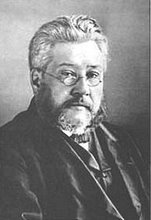



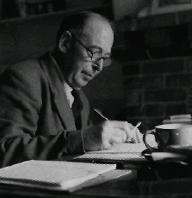

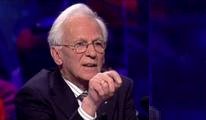
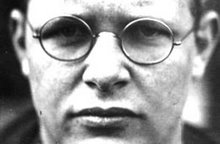
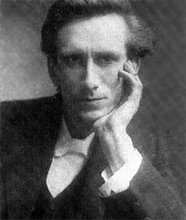
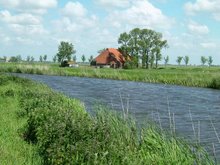

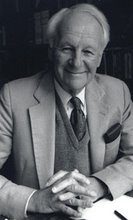
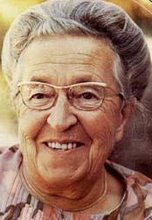
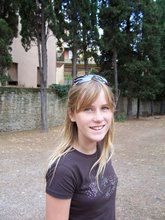


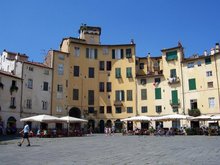

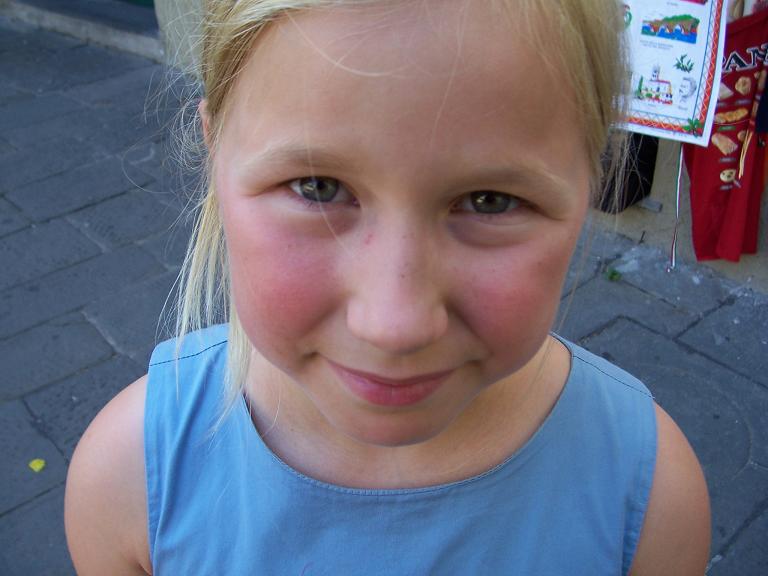




3 comments:
There wasn't a universal English language until nearly the Elizabethan era. Earlier, Britain was regularly invaded and resettled, with Briton, Roman, Celtic, Norman, Frankish, Scandinavian, Frisian, Saxon and who knows what other elements all jumbled together.
English is said to have the largest vocabulary of any language, the reason being that there are synonyms which come down from each root language.
When I look at Dutch I feel that I can very nearly read it, the words are so similar. I once showed one of Paul's blog texts to a language teacher who teaches in German, French and Spanish and her reaction was the same as mine. If I weren't so lazy, I would try to learn Dutch.
Part of the shift to modern English was something called the Great Vowel Shift, which supposedly happened in other Germanic languages as well. I have no idea what the impact might have been on Dutch.
The most entertaining book I've read on the English language subject is "English: the Mother Tongue and how it got that way," by Bill Bryson.
I was skeptical about "golf" because it is an ancient and useless Scottish invention, but Wikipedia does back you up on the word's Dutch origin.
Thanks Carol.
This is what I just found with Google search: "origin of the word golf"
The word 'golf' (...) derives linguistically from the Dutch word 'kolf' or 'kolve,' meaning quite simply 'club.' In the Scottish dialect of the late 14th or early 15th century, the Dutch term became 'goff' or 'gouff,' and only later in the 16th century 'golf.'
The linguistic connections between the Dutch and Scottish terms are but one reflection of what was a very active trade industry between the Dutch ports and the ports on the east coast of Scotland from the 14th through 17th centuries.
Some scholars suggest that the Dutch game of 'kolf,' played with a stick and ball on frozen canals in the wintertime, was brought by the Dutch sailors to the east coast of Scotland, where it was transferred on to the public linkslands and eventually became the game we know today.
We still have an expression in Dutch: "Dat is een kolfje naar mijn hand" which means something like: that is something that really suits me / is an easy task for me. The golf stick needs to fit in the hand for good grip - that's why.
The Dutch game of kolf sounds a lot like ice hockey, which is American but could easily have originated with the Dutch since it is a northeast thing.
Online etymology says of "golf": 1457, Scot. gouf, usually taken as an alteration of M.Du. colf, colve "stick, club, bat," from P.Gmc. *kulth- (cf. O.N. kolfr "clapper of a bell," Ger. Kolben "mace, club"). The game is from 14c., the word is first mentioned (along with fut-bol) in a 1457 Scot. statute on forbidden games.
It is also possible that the golf/colf/kulth/kolben words arose simultaneously, particularly, as you note, there was so much traffic between the Low Countries, Normandy and the British Isles.
http://www.etymonline.com/index.php
Post a Comment